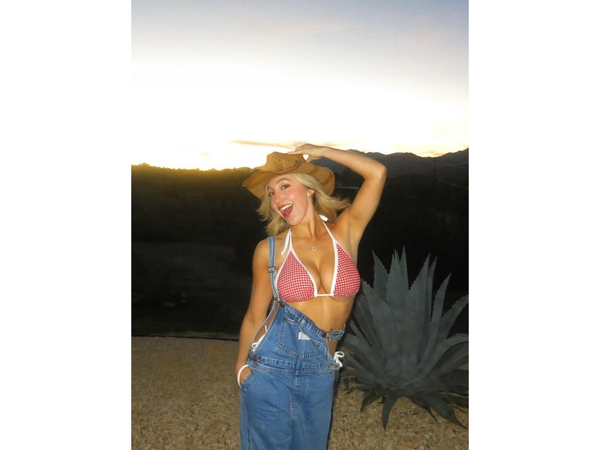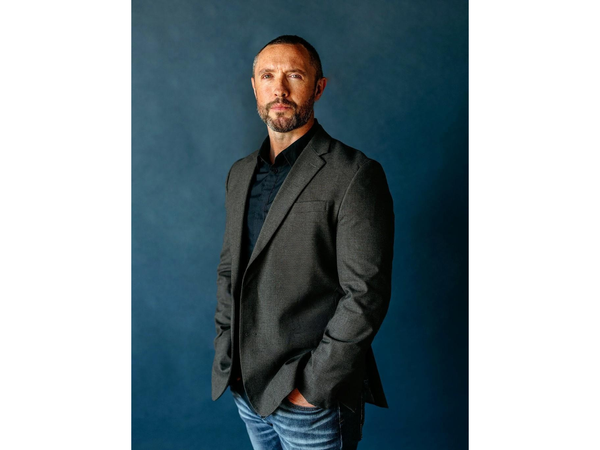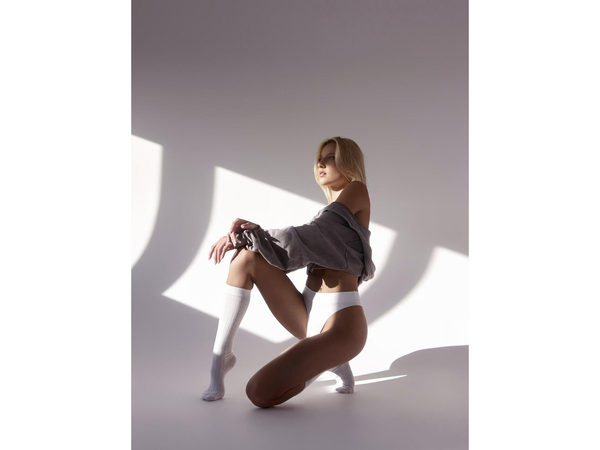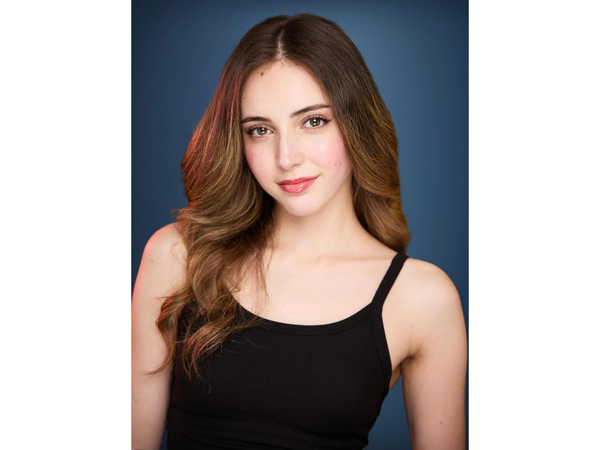LEXI REDMAN TALKS RIVER ROAD
"Stories always swirled around my head"
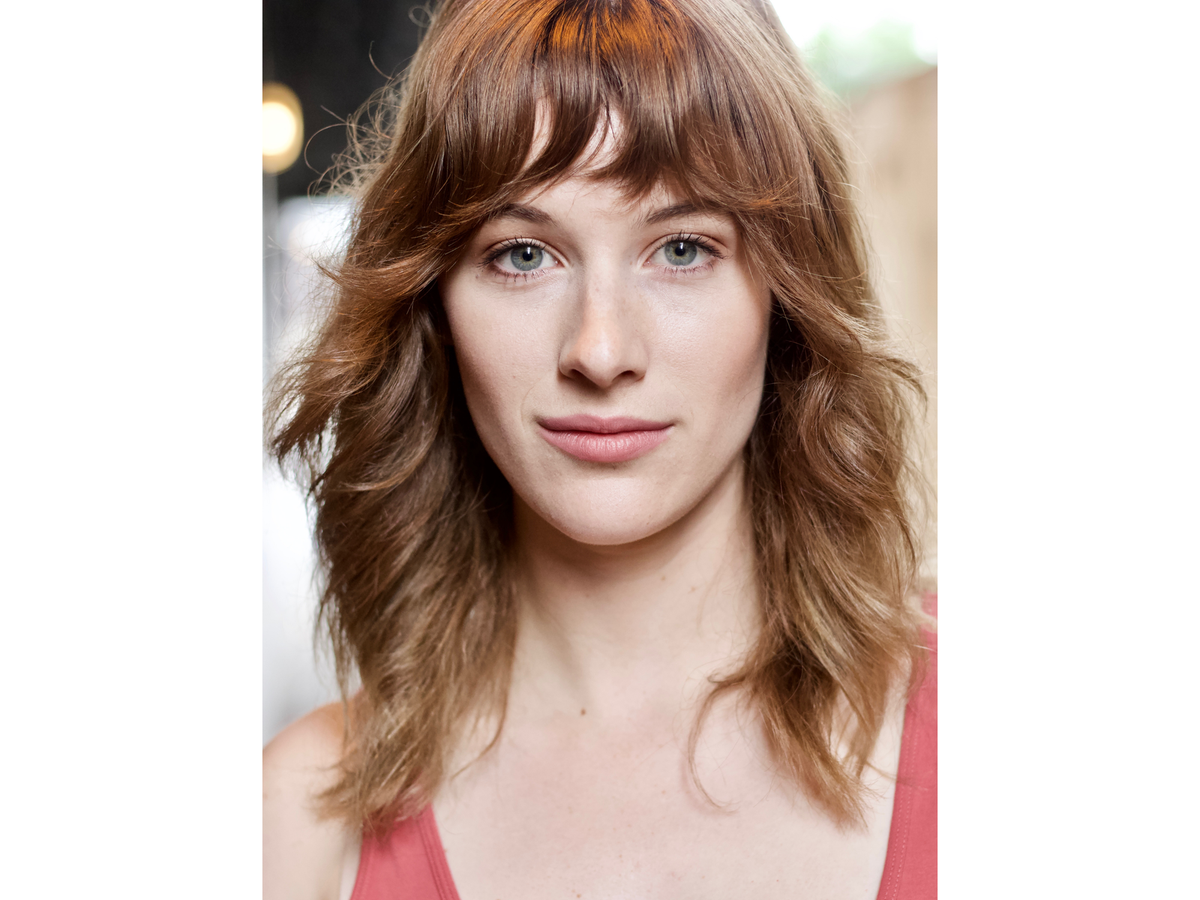
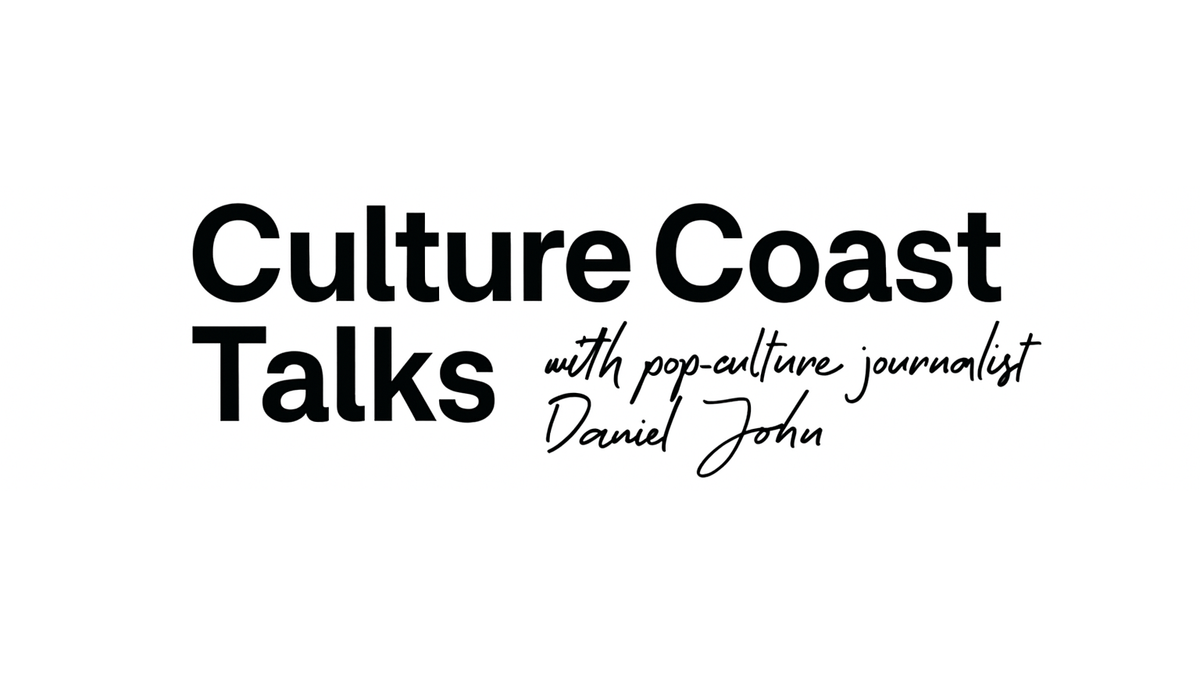
In ‘River Road’, a musician and a free spirited woman start an intense relationship which soon spirals into a world of drug addiction and crime, why was this a role you wanted to play?
I had just gotten out of a very intense relationship with a partner who used drugs, so I saw some parallels in Zoe. Being with an addict also made me more empathetic and understanding as to why Zoe does what she does. I also saw it as a way to channel my anger and frustration at my ex, by bringing out my dark, “I don't give a fuck” side.
How do you see Zoe as a character?
I see her as a free-spirited and passionate person, who is selfish and self-destructive. She is confident to a fault, willing to do whatever it takes to get what she wants. This can leave others to suffer in her wake but she can’t always see the destruction she leaves.
While none of us would want to actually live it, love at rock bottom is often romanticised. How did you and Cody Kearsley go about finding light in complete darkness for the love story between Zoe and Travis?
The experience of filming felt almost like a trip. This was a run and gun indie film, and with that comes some grit and tenacity. We were shooting very intense scenes over twenty plus hour days, so having each other to experience that process felt very grounding for the story. That being said, one has to wonder if the love story was with each other or with the heroine.
Was bringing this relationship to life in the midst of the pandemic in some way in service to the intimacy between you?
Funnily enough we actually filmed this before the pandemic. We still, however, had that "cozy" feeling since it was a passion project with a skeleton crew. Oftentimes, there would only be four or five of us filming, we also traveled from location to location together, often sleeping on set. That led to a closeness that I do not think could have been found in pandemic times or on a larger budget production. I’m glad we didn’t film during the pandemic, that party scene definitely would’ve been a super spreader.
What can the process of getting into character be like for you?
Everyone's process is different, but I need to see the good, the bad, and especially the ugly. I spent a lot of time researching the Downtown Eastside aka Skid Row in Vancouver. Heroin and opioid use is rampant here, so I did not have to go that far to experience the ugly underbelly that Travis and Zoe become inhabitants of. I would watch and listen to documentaries on the subject as well as talk to addicts about their lived experiences. In addition, Cody and I would try to limit our food and water intake during days where we were fiending, to better relate to the overwhelming need addicts experience.
Do you have a favourite moment in the film?
One of my favourite moments visually was never supposed to happen. When we shot at the Gondola, the script indicated a blazing sunset that we watched from the peak. On the day it was dark, gloomy and it rained. We then discovered a gorgeously lit suspension bridge that we ended up playing with. It was quite slippery so I did fall over at one point which made it into the final cut of the film. Expecting light and getting darkness could be an excellent metaphor for Travis and Zoes relationship, or just seen as Vancouver being Vancouver.
Has someone figured out a clever way to snort things in films without actually snorting, or do you actually snort. Perhaps an odd question, but one does wonder?
Unfortunately, no. However, we snorted a “safe” crushed vitamin D blend. We wanted authenticity, so us wincing in pain is genuine as vitamin D still burns! Also fun fact, when I am injecting Cody with heroine for the first time, we used a real syringe with saline. We had consulted a nurse prior to ensure I could inject him safely. So, all of that was real. And filmed at three at night.
You started working as a model, but acting was really your first love within the arts. You started acting early on?
I was a very performative kid. My cousin and I would create characters, and perform for our family and neighbours. I would also read like it was going out of style. Stories always swirled around my head, and acting was a way to express them Also, a reason often not talked about, I like attention.
How do you look back on the years of modeling now?
For the first couple of years after I quit, I felt jaded. My last contract ripped me off for thousands of euros. That along with the exploitative nature really left a bad taste in my mouth. But over the years as I have watched the standards change and more diversity becoming the norm, I have felt encouraged to get back into it. Don’t get me wrong, diversity and bigger bodies are very on trend at the moment, and there are still heinous agencies and designers doing the same bullshit in the background. But, more models are being empowered to speak out and seeing less flak for demanding safe and healthy working conditions. All this to say I did learn a lot about myself and my boundaries whilst modeling, and so going back to it, I feel like I can make more of a positive impact on the industry. And since quitting I’ve gained a bit of weight, so having a booty now is a big plus!
What do you get from acting that modeling didn’t give?
Well and truly, a voice. As a model, you are there to sell clothes. As an actor, you are there to sell a story. Living and breathing a character is inherently more intimate, and draws from personal lived experiences in a way modeling can’t. For me as well, modeling became a bit of an autopilot situation. There is only so many castings, photoshoots, and poses one can do before it becomes monotonous. The exciting part about acting is you can live everyday like a different, nuanced person. And also do weird shit like snort vitamins and shoot salt water.

